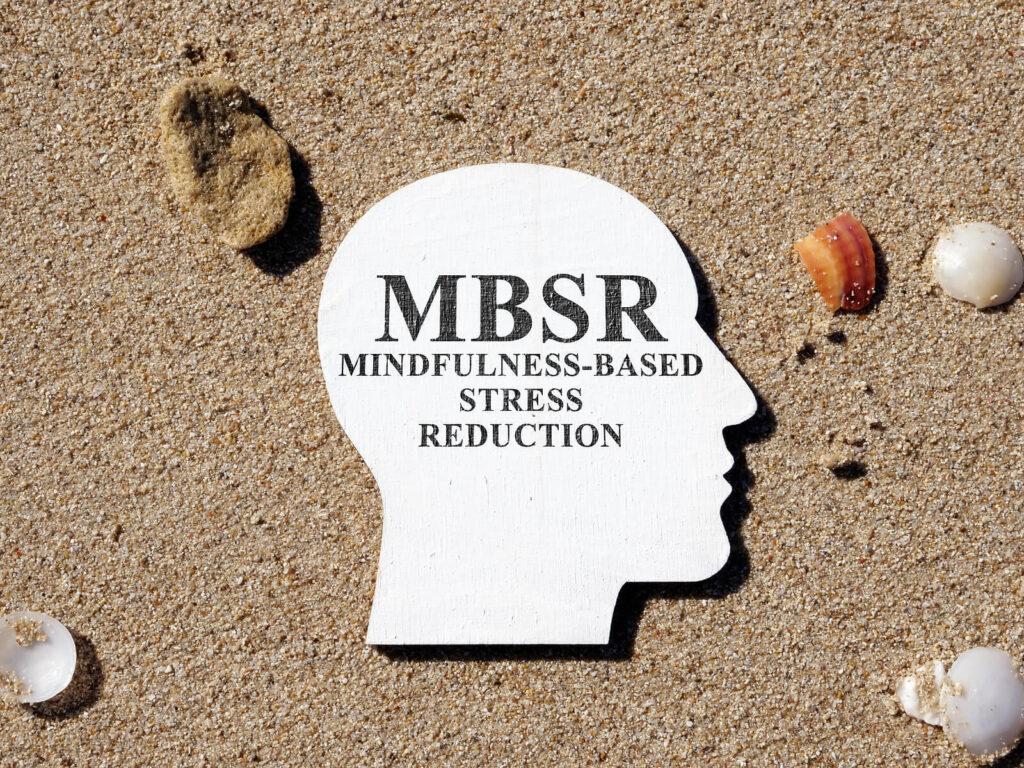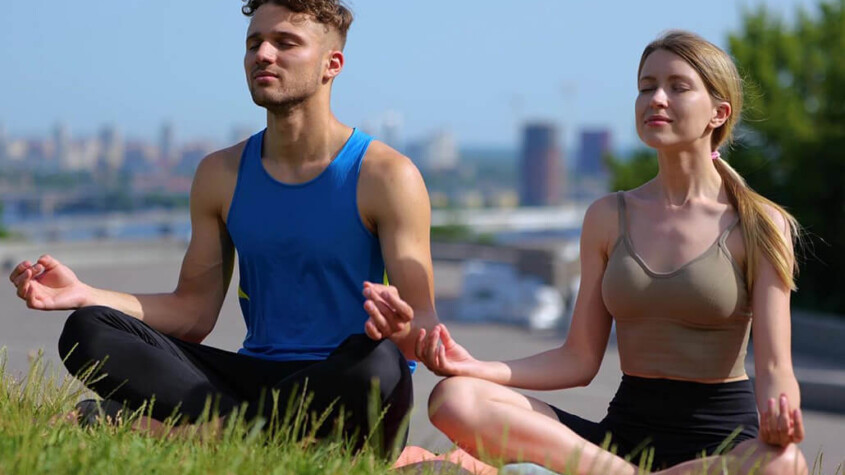An Introduction to Mindfulness-Based Stress Reduction (MBSR)
Mindfulness-Based Stress Reduction (MBSR) for Addiction Recovery, Depression, and Anxiety
In the fast-paced and often overwhelming world we live in, stress has become a prevalent part of our daily lives. Coping with stress is essential for maintaining our mental health and well-being. It is especially vital if you or a loved one is suffering from an addiction to alcohol, drugs, or other maladaptive behaviors. One effective approach that has gained significant popularity in recent years is Mindfulness-Based Stress Reduction (MBSR).
Developed by Jon Kabat-Zinn in the late 1970s, MBSR is an evidence-based program that teaches individuals how to cultivate mindfulness to manage stress, reduce anxiety and depression, and enhance overall well-being. It has been found to be healthful in managing addiction cravings as well. In this blog post, we will explore the main benefits of MBSR for mental health and well-being, as well as delve into the basic components of this transformative program.
Benefits of MBSR for Addiction Treatment, Mental Health, and Overall Well-being
1. Stress Reduction:
The primary focus of MBSR is to help individuals develop a deeper awareness of their thoughts, emotions, and bodily sensations without judgment. By learning to be present in the moment and accepting things as they are, participants can better manage stress and reduce its negative impact on their mental health. Regular practice of MBSR techniques has been shown to lower cortisol levels, the stress hormone, and promote a sense of inner calm.
2. Anxiety Management:
Many individuals struggle with anxiety, which can be overwhelming and debilitating. MBSR teaches participants how to respond to anxiety in a more constructive manner. By observing their thoughts and emotions non-judgmentally, individuals can break free from the cycle of anxious thinking and find a sense of inner peace.
3. Improved Focus and Concentration:
In a world filled with distractions, maintaining focus and concentration can be challenging. MBSR cultivates mindfulness, which enhances the ability to concentrate and sustain attention on the task at hand. This heightened focus can lead to increased productivity and a greater sense of accomplishment.
4. Emotional Regulation:

Emotional reactivity can be detrimental to mental health. Through MBSR, individuals learn to respond to emotions more skillfully, reducing impulsiveness and enhancing emotional regulation. This emotional intelligence leads to improved relationships and a deeper connection with oneself and others.
5. Pain Management:
MBSR has been widely used as a complementary treatment for chronic pain conditions. By adopting a non-reactive and accepting attitude towards physical discomfort, participants can experience reduced pain intensity and increased pain tolerance.
Basic Components of Mindfulness-Based Stress Reduction (MBSR)
1. Mindful Meditation:
Central to MBSR is the practice of mindfulness meditation. Participants are guided through various meditation techniques that focus on breath awareness, body scans, and mindful movement, such as yoga. These practices help individuals anchor their attention in the present moment, fostering a deep sense of inner awareness.
2. Body Awareness:
The program emphasizes the importance of becoming attuned to the body’s signals and sensations. By developing body awareness, participants learn to recognize and respond to stress-induced physical tension, promoting relaxation and physical well-being.
3. Mindful Daily Activities:
MBSR encourages individuals to apply mindfulness to their daily routines, such as eating, walking, or doing chores. By bringing full attention to these activities, participants can break the cycle of automatic and mindless behavior, leading to a greater sense of appreciation and engagement with the present moment.
4. Group Discussions and Support:
MBSR is often conducted in a group setting, allowing participants to share their experiences and insights. These group discussions provide valuable support and create a sense of community, fostering a deeper understanding of mindfulness principles and their application in daily life.
5. Home Practice:
Regular practice is essential for integrating mindfulness into one’s life. Participants are encouraged to engage in daily formal and informal mindfulness exercises and to maintain a journal to track their progress and experiences.
Start Your Journey With Mindfulness-Based Stress Reduction (MBSR) With an Adult Psychiatrist in New York, NY

Mindfulness-Based Stress Reduction (MBSR) is a powerful and transformative program that offers numerous benefits for mental health and well-being. By learning to cultivate mindfulness, individuals can effectively manage stress, reduce anxiety, improve focus, regulate emotions, and find greater contentment in their lives. Through the practice of meditation, body awareness, and mindful daily activities, participants embark on a journey of self-discovery and empowerment, enabling them to lead more fulfilling and balanced lives.
Whether you’re seeking relief from stress or simply looking to enhance your overall well-being, MBSR can be a valuable tool on your path to inner peace and happiness. Stephen Gilman, MD addiction psychiatrist in NYC is an expert in helping his patients use mindfulness techniques and strategies to overcome addiction cravings and alleviate depression and anxiety. You can start your therapy journey from my NYC, Manhattan-based practice by following these simple steps:
- Contact Stephen Gilman, MD
- Learn more about me and my approach to addiction treatment
- Start experiencing the benefits of MBSR!
Other Services Offered with Stephen Gilman, MD – Addiction Psychiatrist in NYC, Manhattan
Clients facing addiction and other mental health concerns may need more than one form of mental health support. This is why I offer more than one mental health service. These services include alcohol addiction, young adult psychiatry, and adult psychiatry. I’m also happy to offer prescription drug addiction treatment, cocaine addiction, meth addiction treatment, behavioral addiction treatment, PTSD treatment, drug addiction treatment, and marijuana addiction treatment. Learn more about me or visit my blog for more helpful info.



